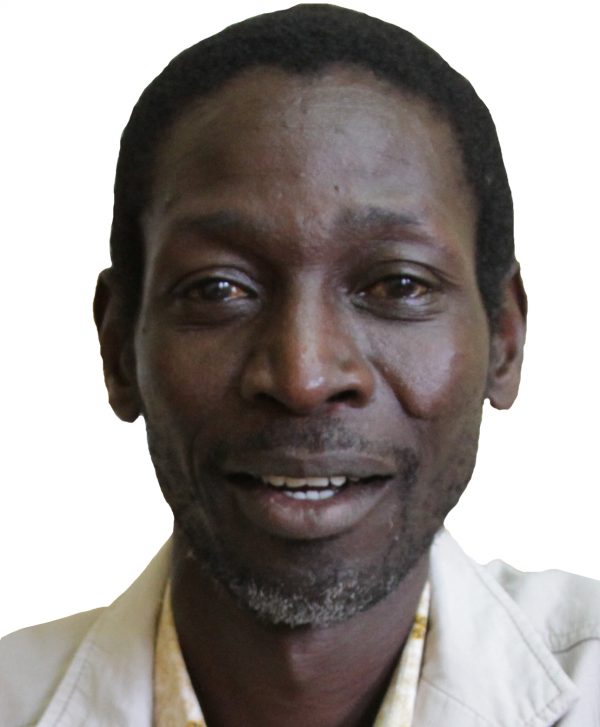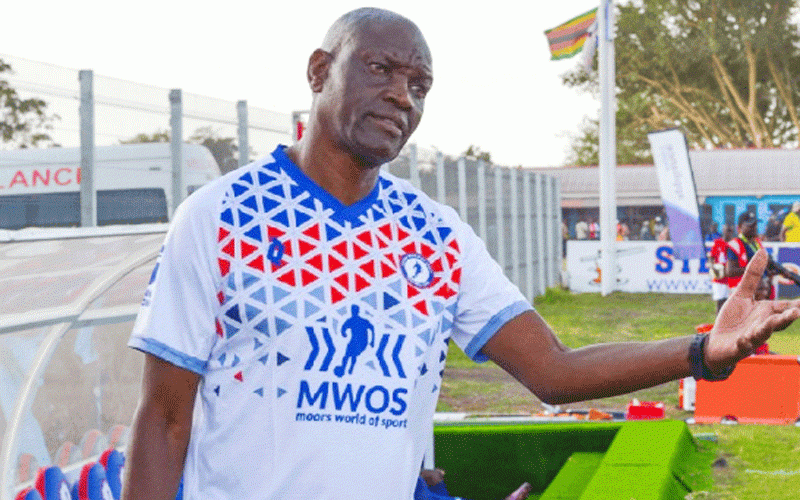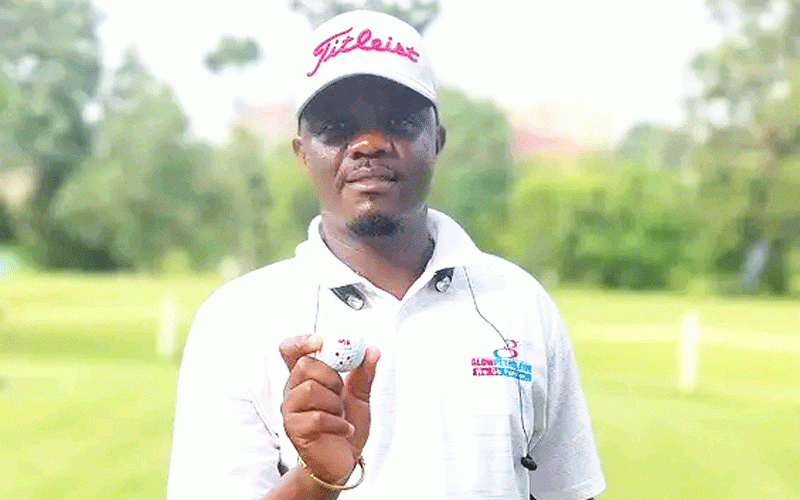
One sports analyst once said in jest that sport in Zimbabwe needed a soothsayer to bring it back to the good old days when Zimbabweans celebrated after every game.
Michael Kariati
I couldn’t agree with him more after watching our cricket team being whitewashed by a second string Indian side.
The humiliation brings out the shattering reality that our Davis Cup team is fighting for its life in the unfashionable world of Euro-Africa Zone Group Two. And thus not to forget the fact that the team came back empty-handed from the 2012 London Olympic Games.
With age catching up with Kirsty Coventry, there is also a danger that Zimbabwe will not be able to salvage anything from the next Olympic Games in Rio de Janeiro next year.
In tennis, we are no longer as influential as we used to be. It is hard to believe that this is the same Davis Cup team that made the whole world sit up and take notice after we reached the quarterfinals of the 1998 World Group.
During that time, Zimbabweans did it in style, claiming the scalps of such top tennis nations like Ukraine, Great Britain, Croatia, Austria, and Australia in the process. But now, we are playing Moldova, to remain in the Euro-Africa Zone Group Two for that matter.
It is hard to believe that this is the same Zimbabwe cricket team that gave the world some of its greatest players in the form of Duncan Fletcher, Andy Pycroft, Dave Houghton and lately Andy Flower. Yet today, we do not have players who feature even in the top 40 in the world.
- Chamisa under fire over US$120K donation
- Mavhunga puts DeMbare into Chibuku quarterfinals
- Pension funds bet on Cabora Bassa oilfields
- Councils defy govt fire tender directive
Keep Reading
In rugby, Zimbabwe continues to be the fall guys of the African world after having failed to qualify for the past six editions of the World Cup, seeing them being overtaken by Namibia as Africa’s flag bearers in the sport.
The team that represented Africa with distinction at the 1987 and 1991 World Cups has now been reduced to fighting for the Africa Cup, a competition that does not mean much compared to the global festival where Namibia are going this year.
In athletics, Zimbabwe has nothing to talk about. The sport is seriously lacking in heroes and role models. Tendai Chimusasa is long gone, as has Melford Homela. The once promising Ndonidzashe Makusha has been struggling for form since coming fourth in the long jump at the 2008 Beijing Olympic Games.
How can this world of vast athletic talent be looking only to Makusha?
As the flip flop continues, there is need to reflect on these failures and see exactly where we are getting it wrong and come up with ways to revive the good old days.
A close look at what is happening in football clearly shows that given the right direction, there could be light at the end of the tunnel. The talent is there, the coaches are there but it is the administrative circles that clearly need a lot of fine-tuning. This, however, is not the case in tennis, cricket, and other sporting disciplines.
The truth is that we were too excited and got carried away with the success we achieved during the era of Byron and Wayne Black and in the process forgot we needed to build for the future.
Right now, there is no direction as to where we are heading once Takanyi Garanganga and Benjamin Lock call it quits. We also believed too much in the likes of Andy and Grant Flower and company and also forgot that sportsmen come and go.
Those who took over failed to maintain the momentum of those who departed and our current status makes the situation much worse. We are the only Test nation everyone plays and beats and even with the not-so-good crop of cricketers we have, there is no reservoir for replacements.
The 2016 Olympic Games are also close by. Coventry is having her last dance with the water but even at the ripe age of 31, we are still pinning our hopes on her.
The question is: What have we been doing in terms of talent identification between the time Coventry won her first medals in 2004 and 2012 when she brought home nothing?
The reason why there has been this gap in talent is the fact that 35 years after independence, we still do not have a system in place to monitor or improve the progress of our promising junior athletes.
Thirty five years after independence and we still do not have a sports policy to monitor how far we have gone in terms of our junior development programmes.
If we are to tell the next generation that this is the country that gave the world its first ever world number one golfer in the form of Nick Price, they would laugh it off as a joke.
The next generation will also not believe that the first world diving champion to come from Africa was Zimbabwe’s own Evan Stewart who became world three metre board champion in 1994. All thus left is history and nothing else.
For comments, views, and suggestions, email [email protected], or WhatsApp on 077 3 266 779.











